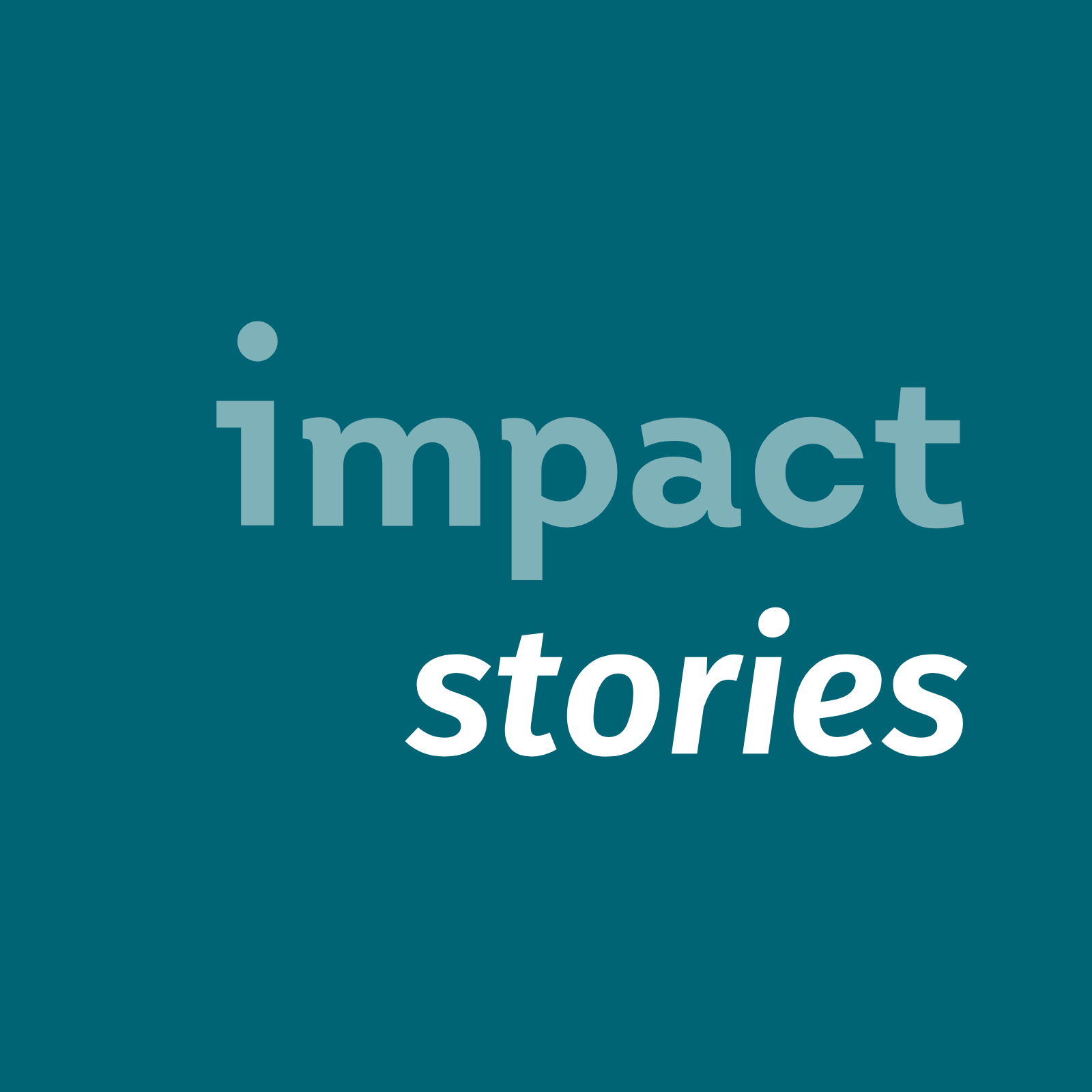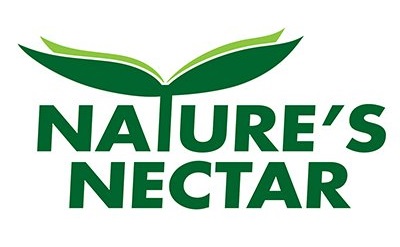

Nature's Nectar
Nature’s Nectar is a Zambian honey company. Using modern beehives, they reduce deforestation, produce top-quality honey, and pay a price premium to farmers. While beekeeping is traditionally a male occupation in Zambia, half of the farmers Nature's Nectar works with are women.
To start, could you briefly introduce yourselves?
Katherine: I am Katherine Milling, Co-founder and CEO of Nature’s Nectar. In 2014, I came to Zambia as a Peace Corps volunteer. I was fascinated by bees and wanted to support local communities – so I decided to stay.
Davies: My name is Davies Ilunga. I work for Nature’s Nectar as a field supervisor. My job is to train and supervise beekeepers and support the distribution of beehives.

Could you also introduce Nature’s Nectar?
Davies: Nature’s Nectar is a sustainable honey company founded in 2018. We operate in the North-Western Province of Zambia, around West Lunga National Park. Our main goals are to protect the forests and provide a long-term income to the farmers we work with.
Katherine: Traditionally, Zambian farmers built a beehive by stripping a tree of its bark. This used to be sustainable, but the growing demand for Zambian honey has turned it into a risk for the forests. We use Kenyan top-bar beehives instead, made of local pinewood. They take far less timber to produce and last ten times as long as traditional beehives. With these hives, we produce honey of a much better quality and can pay a premium price to farmers.
What does your production model look like?
Davies: Each farmer in the system receives ten beehives. Then, we intensively train zone lead farmers, who are chosen by their peer network. They learn everything about hanging hives, cleaning them, and harvesting them. Then, they manage and harvest the beehives in their area. This ensures high quality and prevents side selling by the farmers.

How many farmers are in your system?
Katherine: Currently, in March 2021, we are working with 800 farmers. By the end of the year, we will incorporate another 1,000 farmers into the model.
Davies: When we started in 2018, we only worked with 200 farmers and 2,000 beehives.
How large is the income increase for these farmers?
Katherine: We work with subsistence farmers, who earn between 200 and 250 USD per year. With Nature’s Nectar, they can increase their incomes by 20 to 30 per cent. Beekeeping is not labour intensive in our model, so they do not need to cut down on their other activities.
Do you also involve female farmers?
Davies: Nature’s Nectar is an equal opportunity company. Half of our farmers are female. This is important, because beekeeping is a traditionally male occupation in Zambia.
Katherine: Our model is more inclusive than traditional beekeeping, since women do not need to climb trees or spend days in the fields. Instead, the hives are hung and harvested by zone lead farmers. While we had to overcome some initial concerns about female beekeepers, they have been well accepted by now.
How do you measure the impact you create?
Katherine: We use a data tracking system to ensure full traceability of our honey and measure our impact. Every single beehive is GPS located and tagged to a farmer in our system. When we start working with the farmer, we do a very simple baseline survey to understand where he or she stands. Then, we are able to track how much honey we collect from her hives and how much we pay to her each harvest season.

How does your model work financially?
Katherine: The beehives create good returns, but they are an expensive up-front investment. They cost 25 USD each, excluding logistics. To finance them, we partner with conservation organisations. They fund the beehives, and we act as livelihood partners to guarantee a market for the honey. The farmers themselves pay ten USD to be included in the program and receive ten beehives.
What kind of market do you reach?
Katherine: We currently produce top-bar honey for whole-sale export, mostly to South Africa. This year, we want to start exporting to the European Union, too, which imports about 160 thousand tons of honey annually. In reaction to Covid-19 border closures, we are also starting to develop our market in Zambia. Our end goal is to reach a market segment that is willing to pay an even higher premium for the impact story.
How has your annual revenue developed in the last few years?
Katherine: Nature’s Nectar was profitable in 2018 and 2019. In our first year, we had a revenue of 100,000 USD, which we doubled in 2019. 2020 was a rough year for us, with a partner exiting the business and Covid-19 hitting with export restrictions. We only made 40,000 USD in revenue. This year, we are aiming for 400,000 to 500,000 USD.

What are your plans for the next few years?
Katherine: Our target is to reach 5,000 farmers within the next four years. With 50,000 beehives, we could produce 400 to 500 tons of honey annually, which would bring over 200,000 dollars of income to the farmers we are working with.
Davies: We want Nature’s Nectar to grow big to help more and different communities to protect their forests and make long-term incomes.
What do you need to realise these plans?
Katherine: More beehives! We are ready and looking to expand across Zambia with different types of partners. Beekeeping has been getting a lot of attention recently from the Zambian government and international agencies. So, I think there is a lot of potential for new partner-ships and we are ready to go with those.

What challenges has Nature’s Nectar overcome?
Katherine: We have been looking for growth capital for the last year and a half. Twice, the deal structures suddenly changed before we could sign the paperwork. This was exhausting, but it has taught us what we are unwilling to compromise on. Our strong team of advisors and our board have been a huge support to us there. In addition, we had to become very flexible in terms of logistics in these rural areas. It doesn’t matter if we’ve had a meeting scheduled for a month, if there’s a funeral happening in the area, that’s what’s happening that day.
What recommendations can you make to other entrepreneurs?
Katherine: Be yourselves, stay true to your mission, and find people that support you. Find mentors. Also, do not scale too fast. We took a very slow approach to make sure that we have our system in place before starting to expand.
What else would you like to add?
Katherine: We would be nothing without our team: our staff members, and all the community leaders in the areas we are working in. They are a huge factor of our success.

The Impact Stories are produced by the Inclusive Business Action Network (iBAN). They are created in close collaboration with the highlighted entrepreneurs and teams. The production of this Impact Story has been led by Susann Tischendorf (concept), Sara Karnas (video), Katharina Münster (text and infographics), Christopher Malapitan (illustrations), and Alexandra Harris (editing). The music is royalty free. All photographs are courtesy of Nature's Nectar.
Updated: 06/2021.